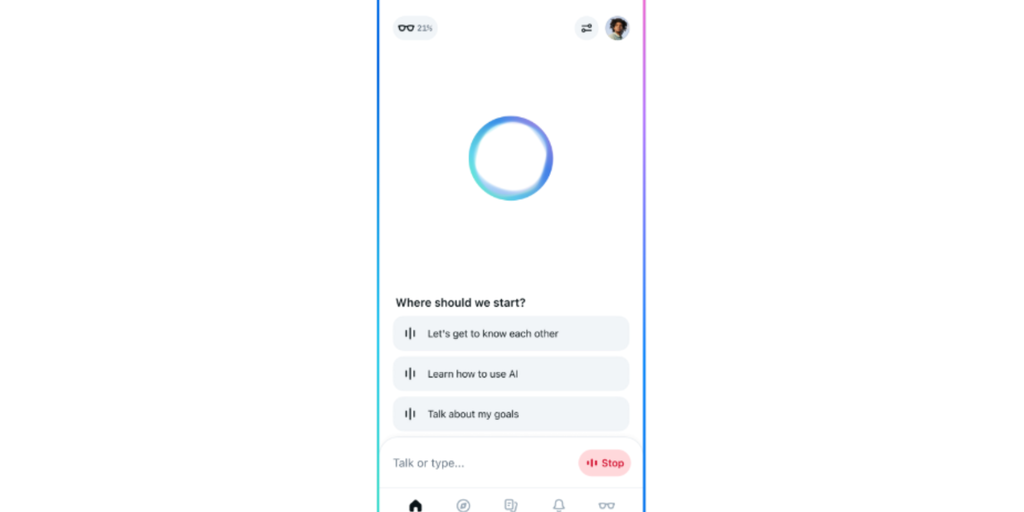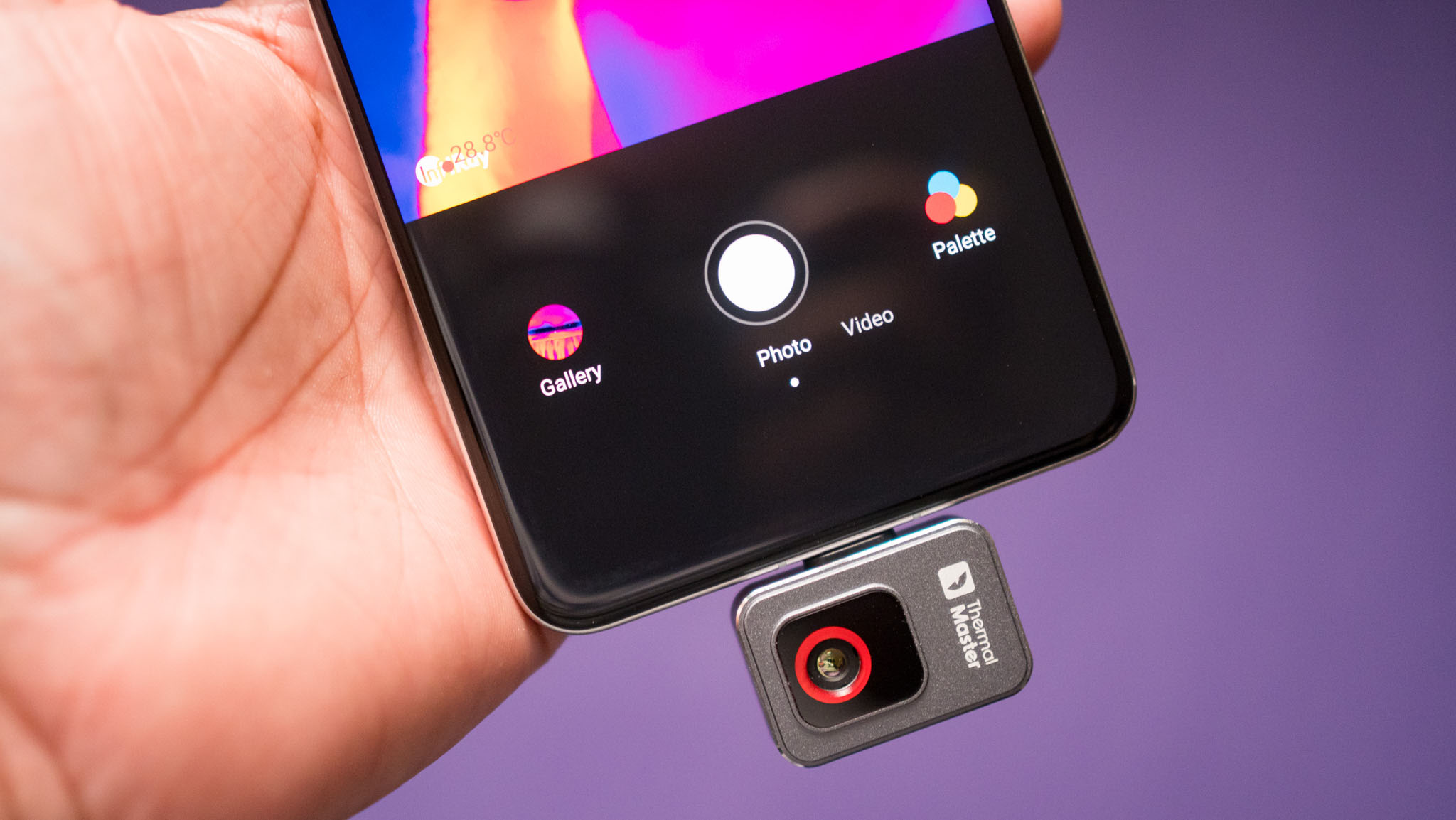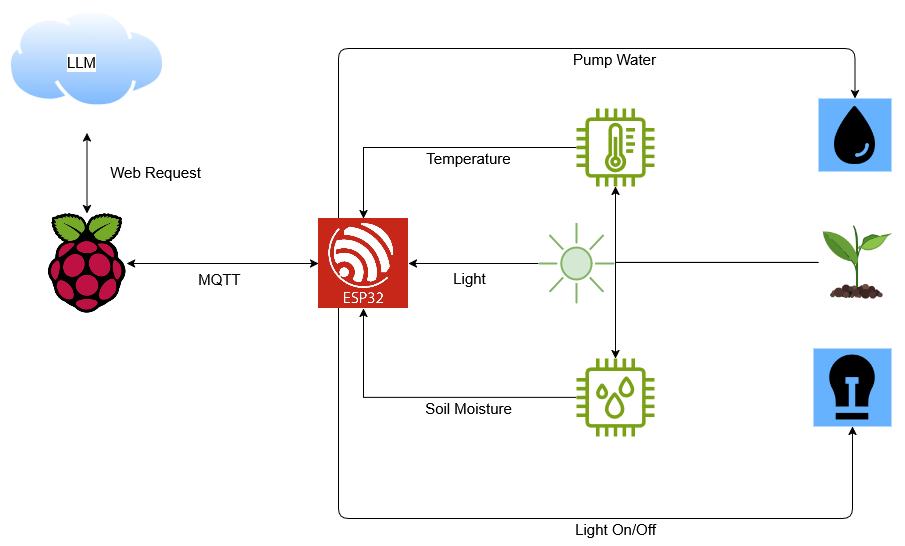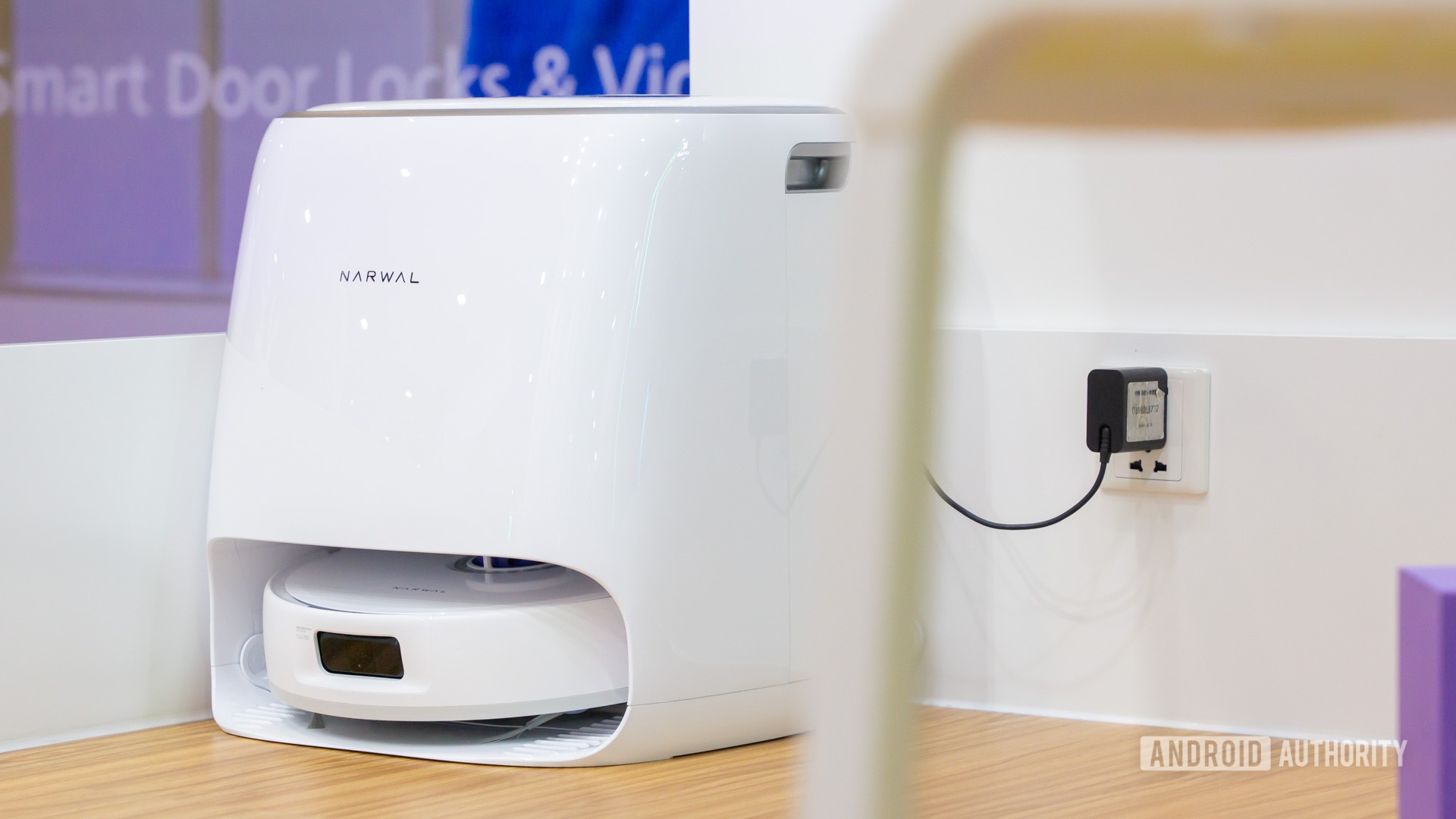Meta Launches Standalone AI App Across Multiple Platforms

In brief: Meta has officially launched its standalone AI application, designed to operate seamlessly on iOS, Android, and desktop platforms. This innovative app harnesses the power of the open-source Llama 4 model, enabling users to engage with advanced generative AI tools in a more user-friendly environment.
Among its features, users can generate stunning images, switch between the voices of various celebrities, and even connect the app to Meta's smart glasses. The app's Discovery tab offers a dynamic space for users to explore, share, and interact with AI-generated content created by others.
Meta's introduction of this app on Tuesday signifies a notable advancement in its ongoing mission to integrate generative AI tools within its suite of applications. This release comes almost two years after the company began its significant AI integration journey, which started in December 2023, embedding similar capabilities into its widely used social media platforms such as Facebook, Instagram, and WhatsApp.
Despite boasting an impressive user base of 7.5 billion monthly active users across its platforms, Meta faces considerable competition from established players in the AI domain. Companies like OpenAI, Google, and Elon Musks xAI have already launched their own standalone AI applications, providing them with a head start in this burgeoning market. In contrast, the ChatGPT application alone has reported 600 million monthly active users across various platforms, highlighting the competitive landscape that Meta must navigate.
Meta's AI journey, which began as a peripheral feature, has now evolved into a dedicated product. The company's Twitter account shared a teaser for the new app with the message, "Started as a ring. Now Meta AI is its own thing! Experience the new standalone app designed to be personalized and social." This statement encapsulates the app's aim to foster a more integrated user experience.
After spending some time exploring the Meta AI app on iOS, I found several noteworthy features. The app excels in generating high-definition images and videos, customizable AI voices, and includes a Discovery tab that showcases how other users are utilizing the platform. Integration with Metas line of AI-powered smart glasses adds an additional layer of functionality, allowing users to connect their devices seamlessly.
However, despite these appealing features, the app is not without its shortcomings. Upon launching the app, users must sign in using a Facebook or Instagram account or an email associated with other Meta accounts. After logging in, a landing page presents tutorials on how to navigate the AI features and initiate simple projects.
The new Discovery tab serves more than just a gallery; it doubles as a social media hub, where users can like, comment, and share AI-generated content across various Meta platforms. However, a concerning aspect is how the app shares user images without prior consent. While users can disable sharing to Facebook and Instagram in their settings under Data & Privacy, this feature is enabled by default, raising privacy concerns.
Among the app's standout capabilities is its ability to create both static images and short video clips, a feature I found particularly impressive. The Emu image generator excels at producing vibrant, high-definition images, and users can easily animate these images into clips simply by incorporating the word video into their prompts. The speed of image generation is also commendable.
I was intrigued to discover that the AI could effortlessly create images of popular characters such as Superman, Wonder Woman, Batman, and John Constantine, showcasing its versatility. Once generated, these images can be shared along with their prompts in the Discovery tab feed.
The app also features a history tab, which allows users to revisit previously used prompts. Furthermore, under the Data & Privacy section, users have the option to make their prompts private or delete them, ensuring a degree of control over their information.
The Meta AI app is also designed to integrate with Metas AI-powered glasses, which adds a unique dimension to the user experience. Meta CEO Mark Zuckerberg commented in a Facebook post, You'll be able to use the app to manage your Meta glasses and other kinds of AI devices we're going to be building in the future. This is the beginning of a long journey to build this out. While I don't own a pair of Meta glasses, which retail starting at $299, I would welcome an opportunity to evaluate their integration with the Meta AI app.
Another intriguing feature of the app is its voice control capabilities. While it shares similarities with other large language models, the app's voice AI feature distinguishes it from the competition. By enabling the Ready to Talk feature, the mobile application listens for voice commands as soon as it is opened. However, it is important to note that the app continues to listen even after responding to a command, which may feel intrusive to some users. I found myself needing to explicitly instruct the AI to stop before the microphone would deactivate.
Voice controls are conveniently located next to the users profile picture, allowing users to switch between the default AI voice and various celebrity voices, including those of Judi Dench, Kristen Bell, John Cena, Keegan-Michael Key, and Awkwafina. While the novelty of having a celebrity voice as an AI assistant is appealing, the Ready to Talk feature still has a slightly unsettling aspect to it.
Meta first introduced the voice feature in September 2024, and it retains that same intriguing yet slightly creepy quality. The app now offers an experimental full-duplex mode, enabling more natural, real-time conversations, although it does come with limitations such as outdated knowledge and limited access to certain features.
The convenience of having the app ready to listen is a double-edged sword. While it allows for quick interactions, there is always the risk of inadvertently engaging with the app when its not intended. The quality of the microphone can also vary based on the users device, which may affect how well the app recognizes commands.
As AI models evolve to become more personalized and capable of remembering user interactions, its worth noting that Meta AI does not retain conversation history by default. However, users can instruct the AI to remember this, which will save the information within the apps settings. The specifics regarding how long user prompts are stored or how they may influence future model training remain unclear.
In conclusion, the standalone Meta AI app presents a more intuitive experience compared to Meta's previous AI integrations within its social media platforms. It shares similarities with mobile AI applications such as ChatGPT, Grok, and Gemini. Once engaged, the app displays impressive responsiveness, answering queries within seconds. While it offers a compelling experience for a free and open-source model, it may not become a daily tool for everyone. The app targets users deeply embedded within the Meta ecosystem, but those seeking more flexibility and privacy may find the app less appealing.
Edited by Josh Quittner and Sebastian Sinclair.

























